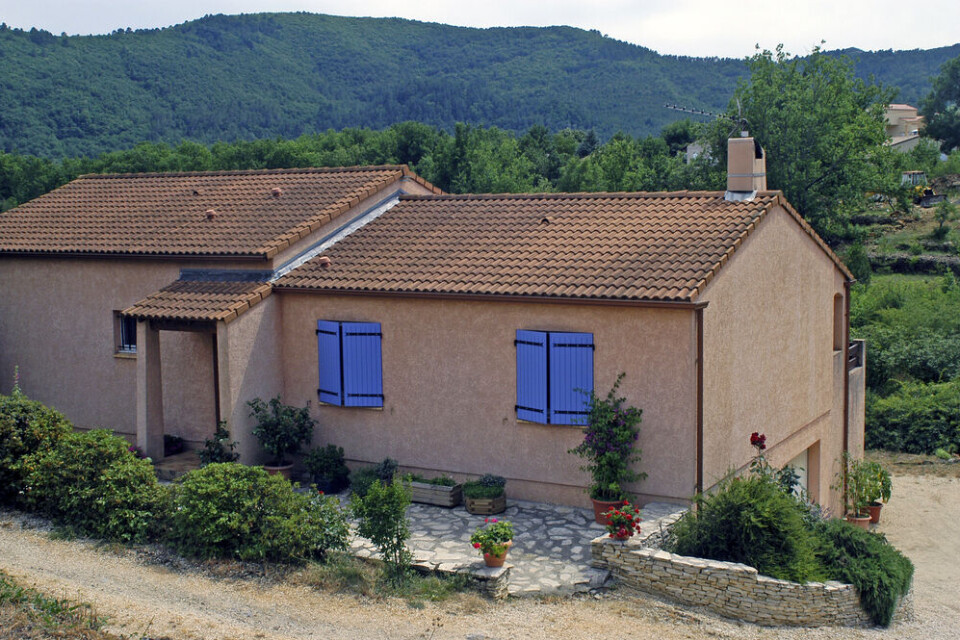-
How can I find an English-speaking lawyer in France?
Solutions including contacting embassies and searching the Connexion directory
-
Paper tax forms reduced in France as more switch to online declarations
You can still request paper version for physical declaration
-
Is compensation available for people injured in public in France?
Victim must show that the accident occurred in a publicly accessible area and that it caused physical harm or financial loss
Why do towns need permission to raise tax on second-home owners?
More than 3,500 communes will be able to raise the taxe d’habitation rate for second homes from next year, but what about the other areas?

Reader question: I read your recent article about how more communes will now be able to raise taxe d’habitation for second-home owners, but I thought communes set their own tax rates. Can they not all choose to raise this?
The amount of taxe d’habitation you pay is calculated using two figures. The first is the valeur locative cadastrale (VLC), an annual amount the property could, in theory, be rented out for. A percentage rate is then applied to this, which is set by local authorities.
Since taxe d’habitation has now been abolished for all main homes, it is correct that any local authority can increase this percentage rate and it will affect only second-home owners.
Yet it has been announced that more than 3,600 communes in zones tendues (areas with housing shortages) are to be allowed to raise the tax rate by an additional 5% to 60%. So why do they need this power to be defined in a new decree?
Read more: Brexit blamed as number of Britons with second home in France plummets
Frédéric Zumbiehl, legal expert for the UNPI homeowners’ union, said: “It is because you cannot increase only the taxe d’habitation without increasing the taxe foncière.”
The taxe foncière property tax, which all property-owners pay, has the role of a ‘pivot rate’, meaning various other local taxes cannot be increased by a greater percentage than the taxe foncière.
Due to the extra permission, however, communes in zones tendues will be able to vote for a taxe d’habitation surcharge on second-home owners without raising other taxes, which would have a knock-on effect on full-time residents."
Related articles
Scam warning as French tax authorities begin sending out refunds
Anger as French government mulls raising alcohol taxes
























